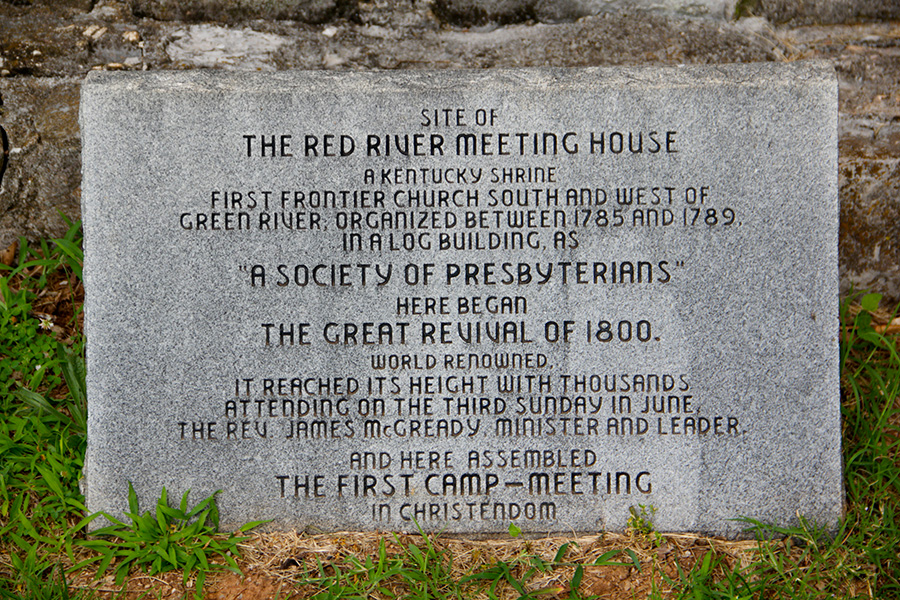10 Reasons Why the Son No Longer Sets In The West

Of the hundreds of spiritual awakenings monitored by Sentinel Group researchers in recent years, less than one percent are located within the boundaries of Western society and culture. Here are some of the more important reasons for this sad state of affairs.
1. EXTERNAL DISTRACTIONS

Attention is the building block of intimacy, but many of us are finding our computers and cell phones more irresistible than quality time with God. It is not overt rejection that repels God’s presence, but rather momentary distraction with lesser things. But as Mahatma Gandhi once said, “There is more to life than simply increasing its speed.” (Hosea 6:4; Luke 10:41-42, 14:17-24; Romans 12:2)
2. INTERNAL OFFENSES

The Western Church has developed an astonishing, and highly unfortunate, tolerance for disunity. Instead of teaching and practicing forgiveness, we have adopted our culture’s penchant for demanding rights and living in a state of perpetual offence. Others have become self-appointed guardians of orthodoxy, criticizing and distancing themselves from those who do not measure up. (Isaiah 58:9; Galatians 5:15; 1 Corinthians 12:21-27; Hebrews 12:15)
3. NO SENSE OF COMMUNITY

Many try to explain the lack of revival in Western settings as a consequence of our unfamiliarity with the principles of spiritual transformation. Much less is said of our alienation from the concept and practice of community. Whereas many of the world’s tribal and clan-based cultures are able to make sense of corporate repentance, the fragmented, individualized West struggles. (Nehemiah 4:14; Acts 2:43-47, 4:32-35)
4. COMFORT ORIENTATION

Many Western Christians insist they know what attracts God’s presence even though their communities have yet to see revival. This suggests the problem has more to do with appetite than ignorance. Oriented toward comfort and convenience, they are glad to receive revival so long as it does not require them to break stride. In their minds, preparations should be pain-free and part-time. (Haggai 1:2-4; Luke 8:14; Philippians 3:18-19; 2 Timothy 4:10)
5. LIMITING THEOLOGY

Some Westerners view human preparation for revival as a presumptuous encroachment upon God’s sovereignty. They insist spiritual awakening is the product of arbitrary dictate, meaning that faith does not enter the equation. One can only hope that God might, one day, choose to visit. But where there are no principles to apply, no guidelines to follow, no promises to expect, and no certainty of success, the likely outcome is diminished expectations and lamentable apathy. (2 Chronicles 7:14-15; Hosea 6:3; 2 Corinthians 6:2)
6. ABSENCE OF HOLINESS

Although sin is present in all countries and cultures, those living in the Western world are subject to temptations unprecedented in their sophistication, availability, and persistence. Like Achan, we have found ways to hide “devoted things” in our tents. Unlike Achan, our individualized culture makes it more likely these choices will go unchecked — which is why more than half of all U.S. pastors report struggles with pornography. (Joshua 7:11-12; Isaiah 59:2; Psalm 24:3-4, 66:17-19; James 4:8-9)
7. PRAYERLESSNESS

Despite the advent of the 24/7 prayer movement, many Western believers maintain only marginal contact with their Heavenly Father. It is a curious neglect that has prompted prayer leader Eddie Smith to say, “Jesus is the only bridegroom I know whose bride will hardly speak to him.” Unfortunately, the very nature of revival precludes it from being welcomed by a prayerless people. (Isaiah 43:22; Hosea 7:13-14; James 4:2)
8. IGNORANCE OF THE PAST

Modern Westerners like to style themselves as “forward-thinking” or “progressive” in outlook. Few possess the slightest understanding of the spiritual continuum they are part of. Fewer still show any interest. But neglecting ancient altars — good and bad — obscures the importance of corporate repentance and the renewal of godly covenants. (Deuteronomy 6:12; 2 Chronicles 34:18-32; Nehemiah 9:38, 10:28-29; Psalm 106:21)
9. RELIANCE ON PROGRAMS

For Western Christians beset with lingering doubts about God’s willingness to reveal his thoughts and presence, the way of revival is untested and often delayed. Program planning, on the other hand, offers immediate gratification. The catch is that earnest activity is often substituted for genuine change — leaving communities improved, but untransformed. (Jeremiah 17:50; 1 Corinthians 2:1-5)
10. LACK OF DESPERATION

Christian writer Norman Grubb once said: “Until there is a conviction of need, there can never be a desire for change.” For many Westerners, desperation is an unattractive and unnecessary condition. We prefer to view problems as challenges to be conquered rather than emergencies requiring immediate and radical action. Swollen with options and possessed with a false sense of time, we allow incrementalism to supplant urgency. (2 Kings 13:18-19; Ezekiel 9:3-4, 9; Daniel 9:13; Zephaniah 1:12)